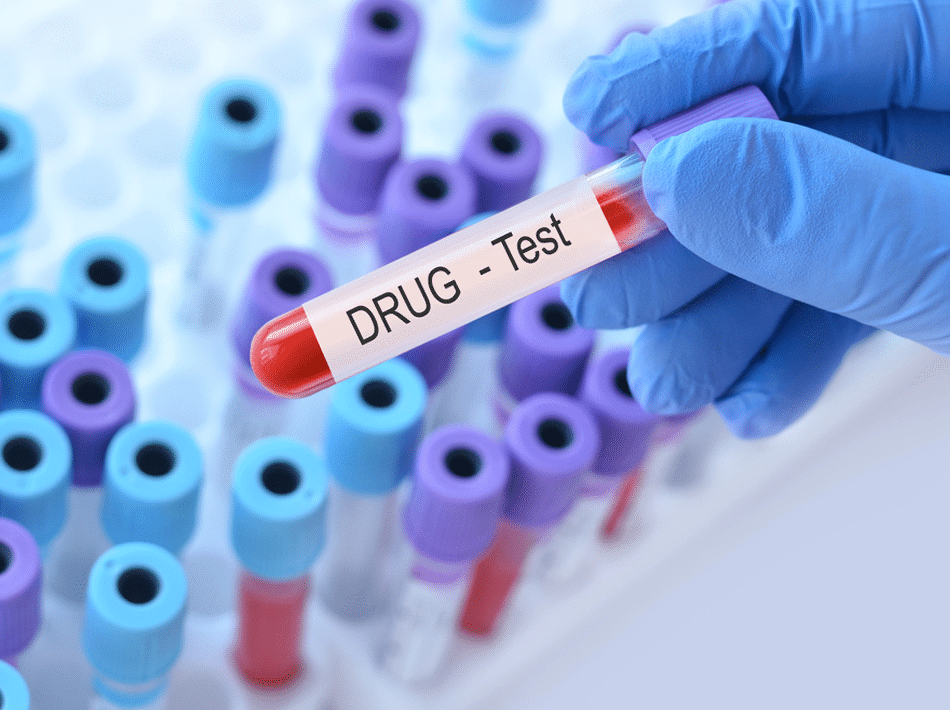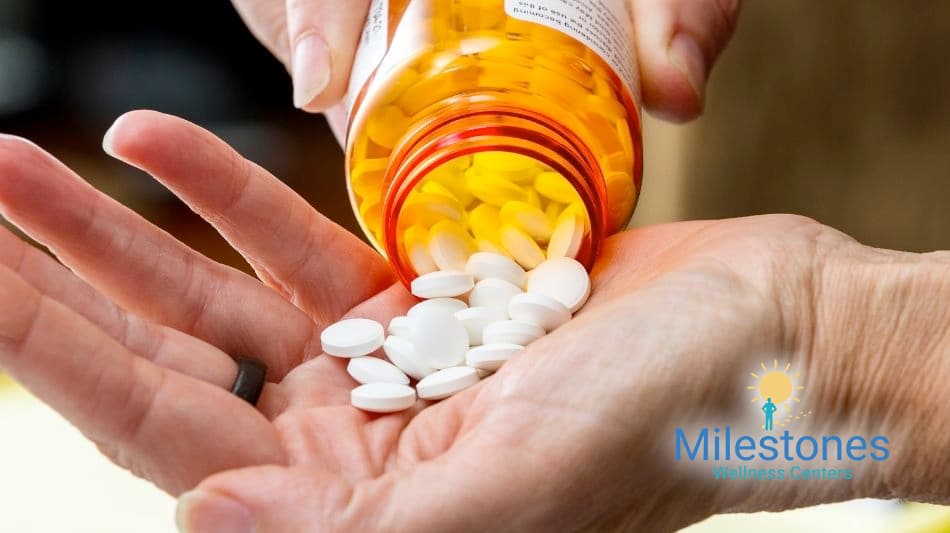One common question people ask during recovery is how they might be affected by buprenorphine on a drug test. This medication, used to manage opioid addiction, plays a big part in many recovery programs.
Still, knowing how it appears or doesn’t appear on standard drug screenings can ease anxiety and clear up common myths.
What Is Buprenorphine?
Buprenorphine is a partial opioid agonist, so it binds to the brain’s opioid receptors without producing the same intense high as drugs like heroin or fentanyl.
It helps people manage cravings and withdrawal symptoms during recovery. When used properly, it reduces the risk of relapse and helps build stability in daily life.
Because it is an opioid, even though it works differently, buprenorphine can be detected by certain drug tests. However, it does not always appear on standard panels, and that distinction matters.
Will Buprenorphine Show on a Drug Test?
The answer depends on the type of test being used. Basic five-panel drug screens, often used by employers or probation offices, typically check for substances like marijuana, cocaine, amphetamines, PCP, and traditional opioids such as morphine or codeine.
In those cases, will buprenorphine show on a drug test? Usually not. To detect buprenorphine, a test must be specifically designed to look for it.
This is often called a buprenorphine drug test, and it may be requested by addiction treatment centers or medical providers to monitor patient use. These tests often require expanded panels, which include drugs outside the typical five or ten options.
Does Buprenorphine Show on a Urine Test?
If a urine screen is designed to detect buprenorphine, then yes, buprenorphine does show on a urine test. These tests often measure both the parent drug and its metabolites, giving a clear picture of recent usage.
Most urine tests can pick up buprenorphine use within a window of two to seven days, depending on metabolism, dosage, and frequency of use.
For patients using Suboxone or similar medications as part of online suboxone treatment, drug testing may be part of routine monitoring. This is not meant to accuse or penalize.
Instead, it offers a way for doctors to identify how well the medication is working and how committed the patient is to their treatment plan.
Why Drug Testing Matters in Recovery
In the context of treatment, drug testing serves a supportive role. It allows medical teams to adjust doses, check for potential medication conflicts, and offer targeted encouragement.
For patients who may worry about being unfairly flagged, knowing how buprenorphine on a drug test works can take away some of that stress.
It’s important to know that testing positive for buprenorphine while it’s being prescribed is not a problem. In fact, it’s often a sign that the patient is following the plan and showing up for their recovery.
Milestones Wellness Centers: Here to Support Your Journey
At Milestones Wellness Centers, we know that questions about buprenorphine on a drug test come from a place of concern and curiosity. Our team explains the science behind medication-assisted treatment, so you can feel confident in every step you take.
We also help patients realize when testing might be needed, how results are used, and what they can expect during their online suboxone treatment.
We don’t treat recovery like a transaction. Instead, we focus on trust, respect, and progress. Through virtual care and ongoing support, we work with you, not against you. Our telehealth model makes it easier to stay committed, without the burden of travel or the pressure of traditional clinics. Get in touch with us today for more information.





